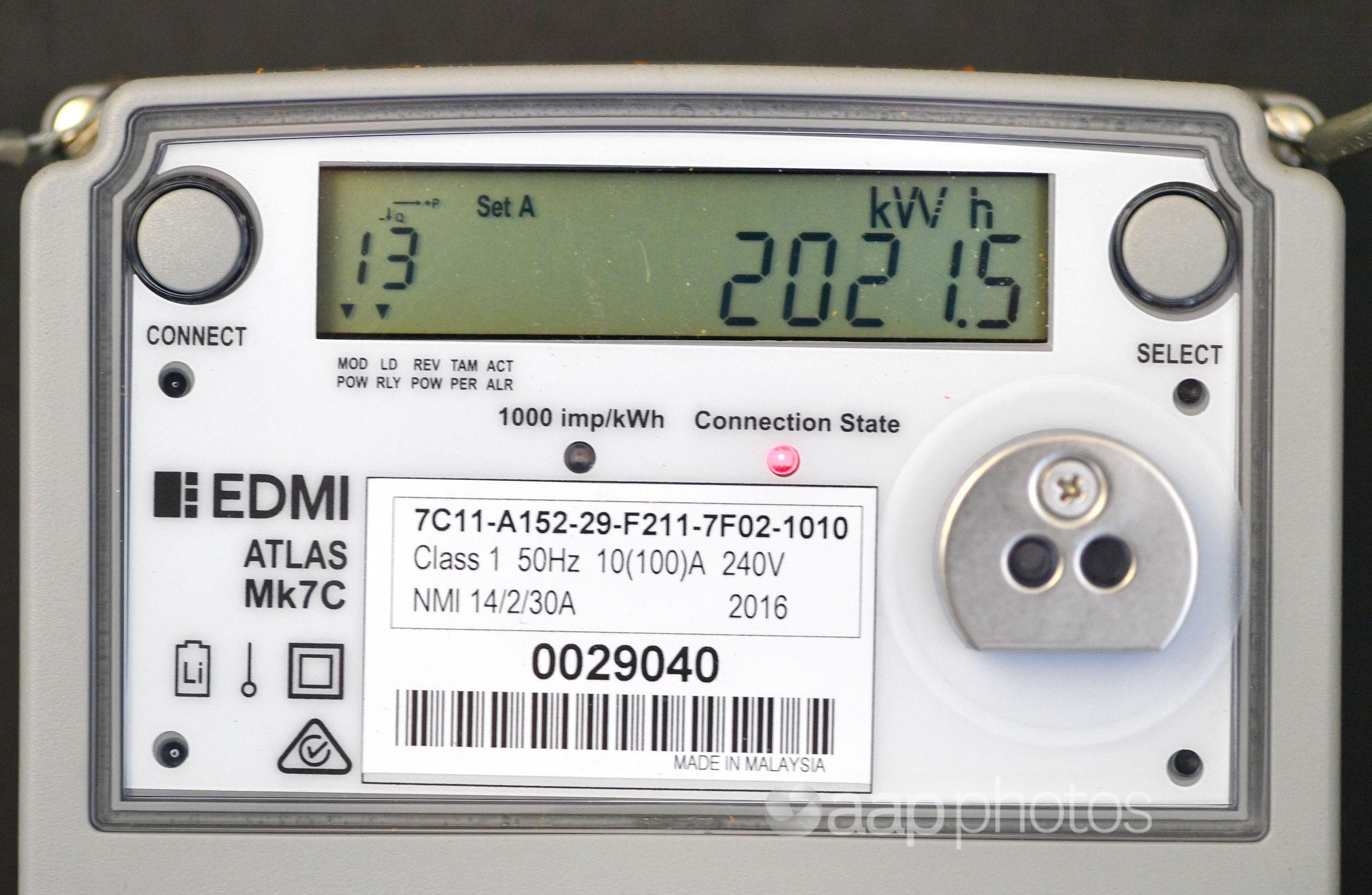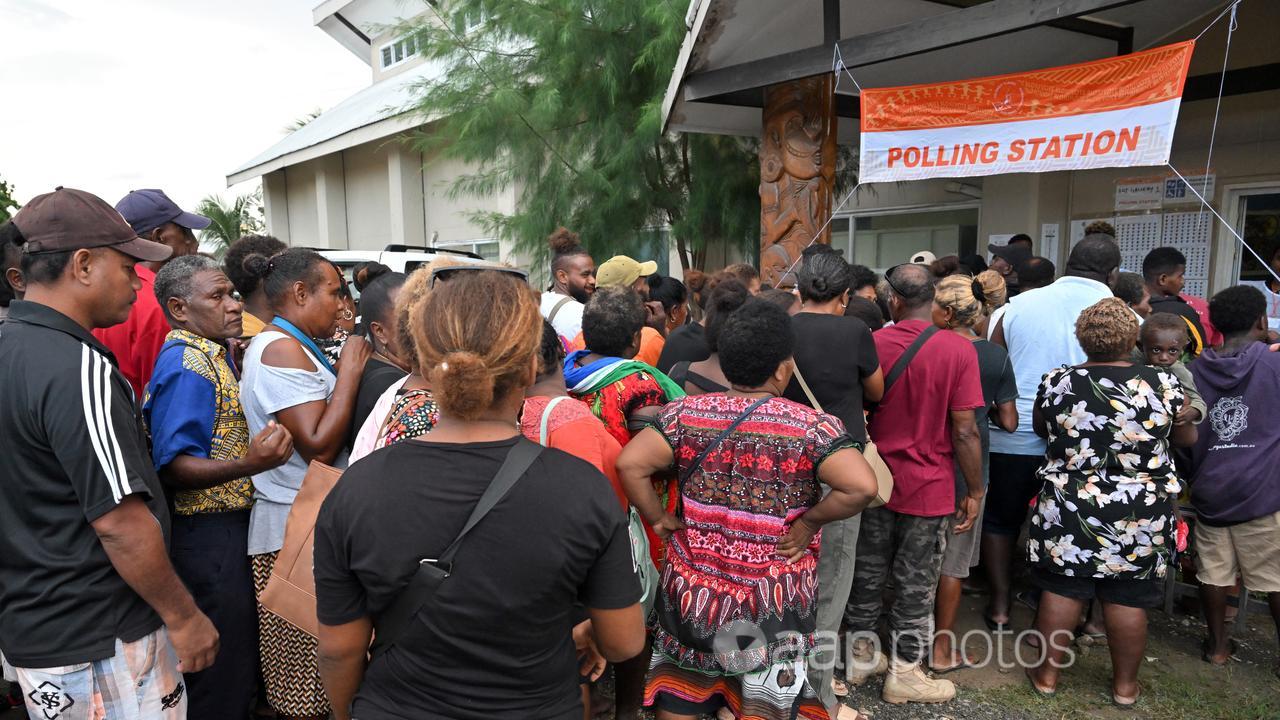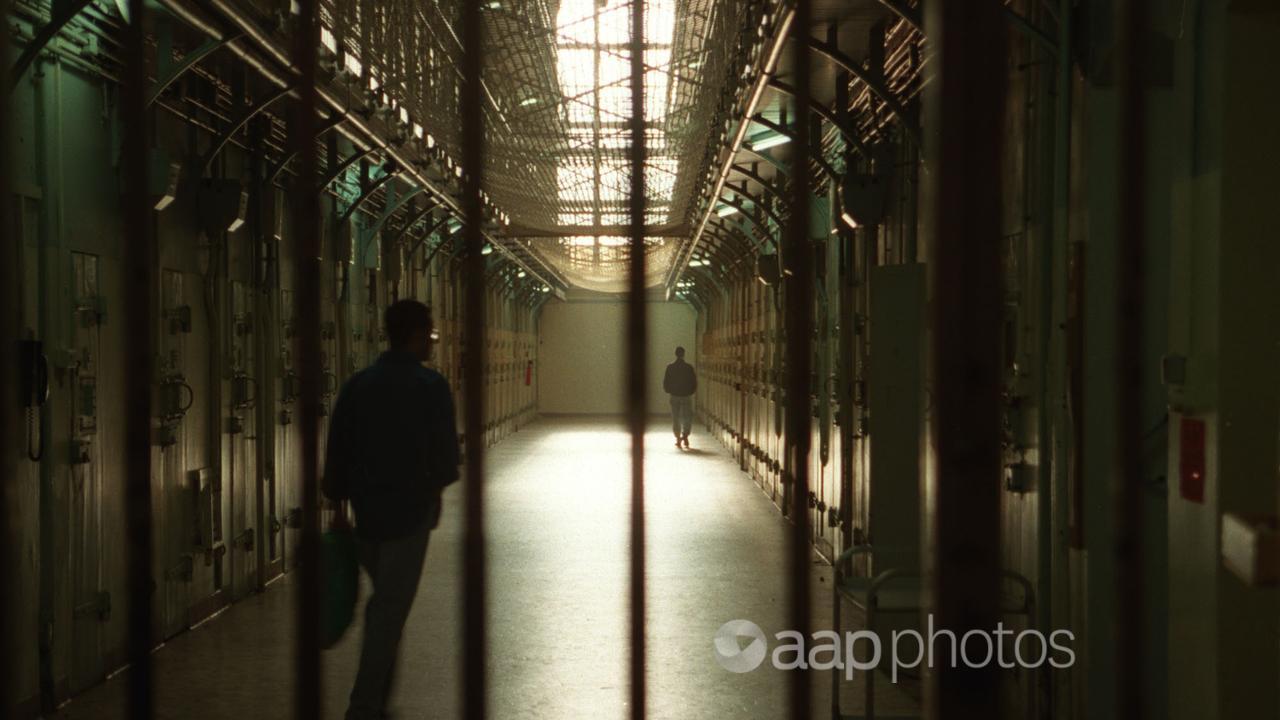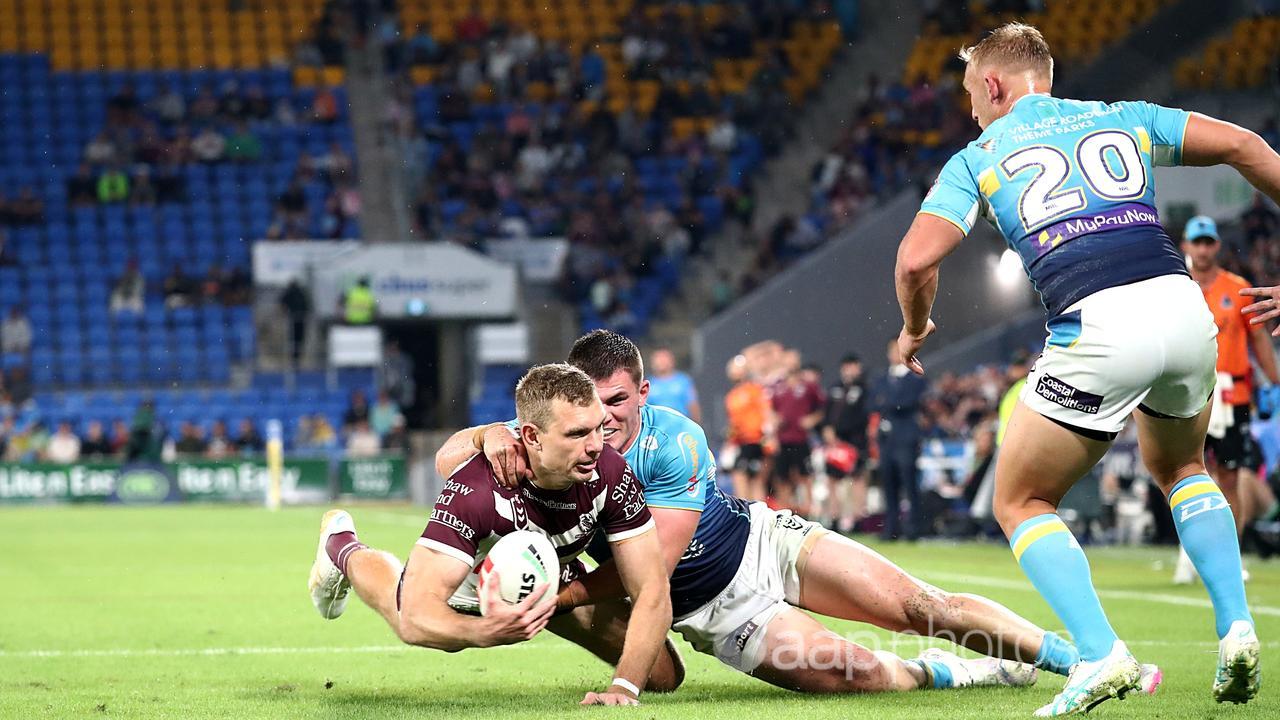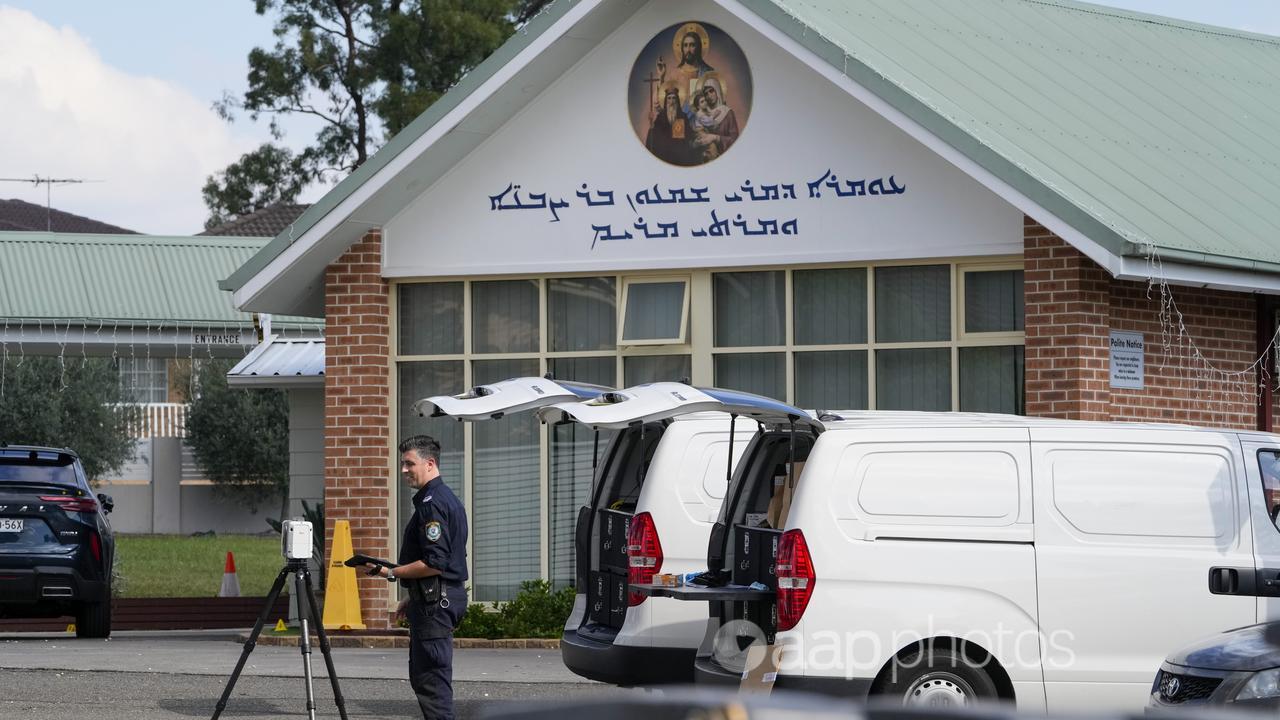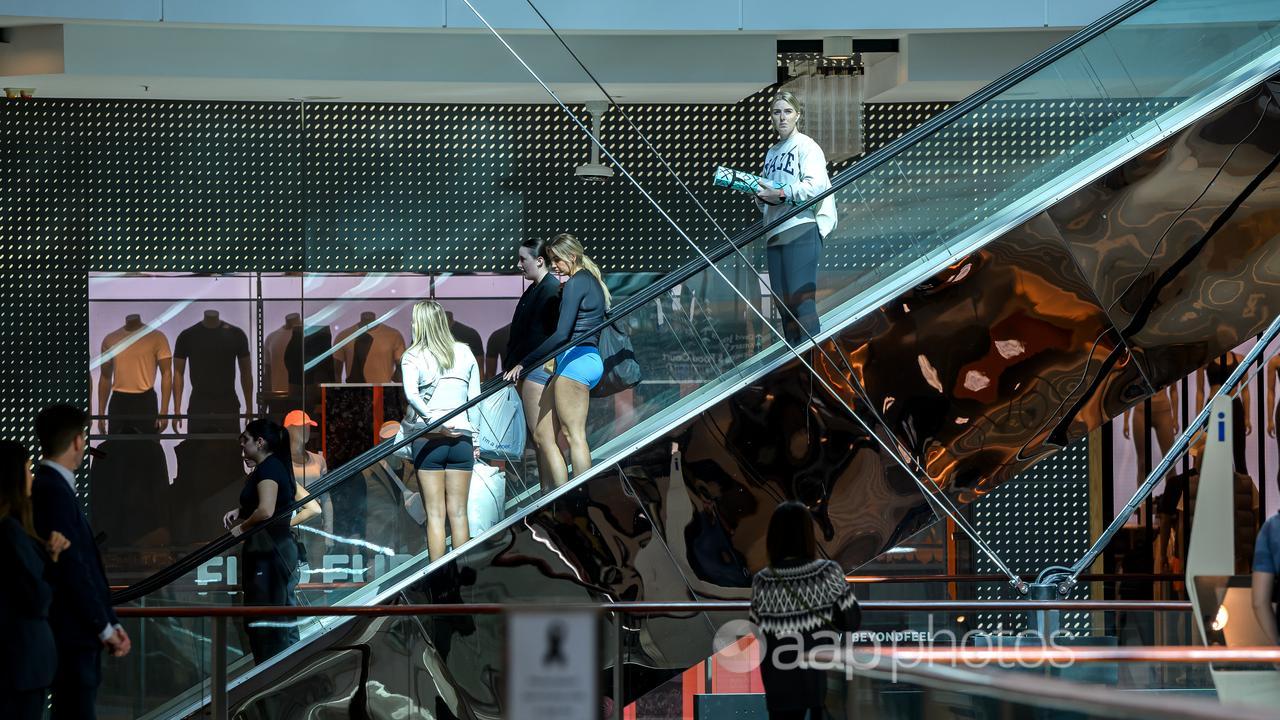The Statement
“Australians spend twice as much on superannuation fees as we do on electricity – some $30 billion a year.”
Labor Assistant Minister for Treasury spokesman Andrew Leigh. September 30, 2019.
The Analysis
Labor shadow assistant minister for Treasury Andrew Leigh has argued that a review of the retirement income system announced by the coalition government on September 27 will reduce the benefits of superannuation. In an interview on ABC radio on September 30, Mr Leigh said that “Australians spend twice as much on superannuation fees as we do on electricity – some $30 billion a year.”
AAP FactCheck has examined Mr Leigh’s claim that Australians spend twice as much on superannuation fees as electricity.
Mr Leigh’s office told AAP FactCheck his statement was based on a report by the Productivity Commission – a federal government research and advisory body – from December 2018.
This report titled, Superannuation: Assessing Efficiency and Competitiveness, states “Australians pay over $30 billion a year in fees on their super (excluding insurance premiums).”
The Productivity Commission said the estimated figure was consistent with a 2018 study by financial services information company Rainmaker Group which found Australians paid up to $32 billion a year in super fees.
The Rainmaker study analysed more than 2500 fee options offered by 550 superannuation products representing 20 million member accounts.
Mr Leigh’s office also referred AAP FactCheck to a tweet by Australian National University (ANU) economist Ben Phillips, who on Monday said: “Reminder Oz households spend twice as much on superannuation fees as we do on electricity”.
Regarding electricity costs, Mr Leigh’s office told AAP FactCheck that Australian households’ total expenditure on power was $14 billion in 2015-16. A spokesperson for Mr Leigh said the figure was sourced from the 2015-16 Household Expenditure Survey produced by the Australian Bureau of Statistics.
Mr Phillips said he used ABS data from the 2015-16 Household Expenditure Survey to estimate $13.88 billion was spent by Australians on electricity per year.
“Roughly speaking, we spend about twice as much on super fees as we do on electricity for the family home,” he told AAP FactCheck.
An ABS spokesperson also provided calculations how a figure of about $14 billion in annual electricity costs can be reached. Average household weekly expenditure on electricity was $29.81, according to the Household Expenditure Survey, and with 8,959,600 households in Australia the total yearly expenditure comes to $13.926 billion.
It is worth noting that the $30 billion estimate of superannuation fees has not gone unchallenged. Actuarial consulting group RiceWarner has disputed the figure, claiming the actual number is lower at just over $22 billion in an article titled ‘Fees versus value’, published on August 16, 2018.
RiceWarner’s Superannuation Fees Analysis 2018 found Australians spent $22.4 billion on superannuation fees for the year ended June 30, 2017. The group’s analysis also found there had been a 27 per cent fee reduction over 15 years. “The whole industry is run at a cost less than the combined annual profits of the four big banks,” the report said.
Based on the evidence, AAP FactCheck found the claim Australians spend twice as much on superannuation fees as they do on electricity to be true.
The Verdict
True – The checkable claims are all true.
* AAP FactCheck is an accredited member of the International Fact-Checking Network. To keep up with our latest fact checks, follow us on Facebook, Twitter and Instagram.
First published October 2, 2019 18:37 AEST

